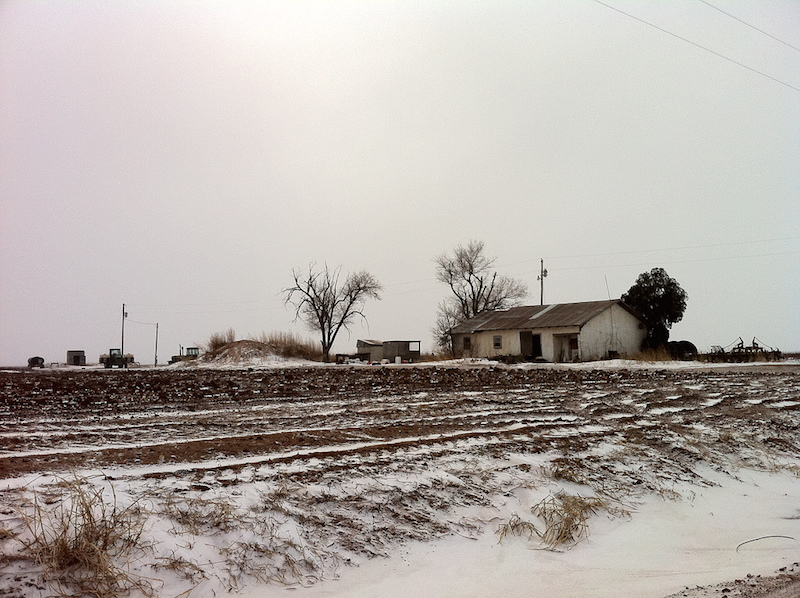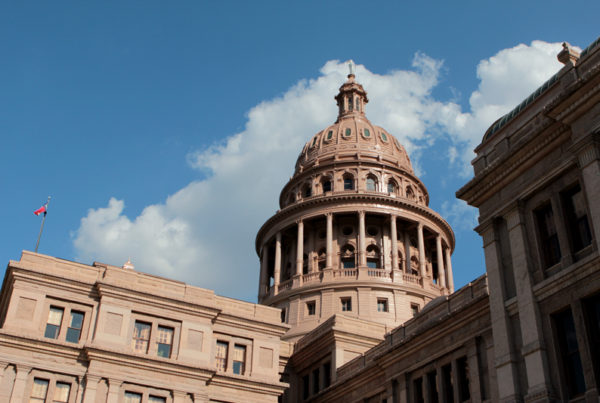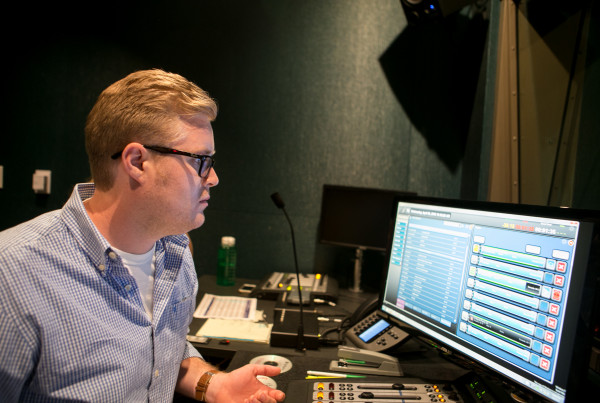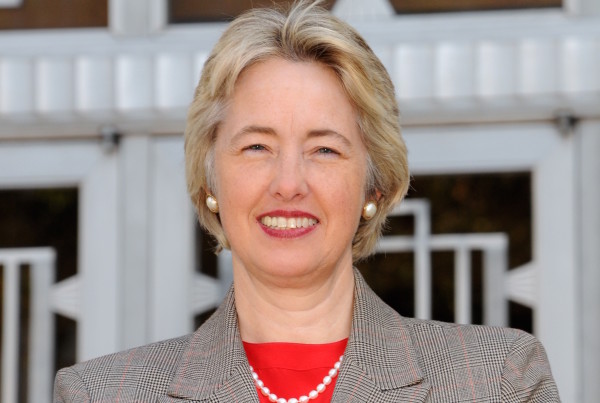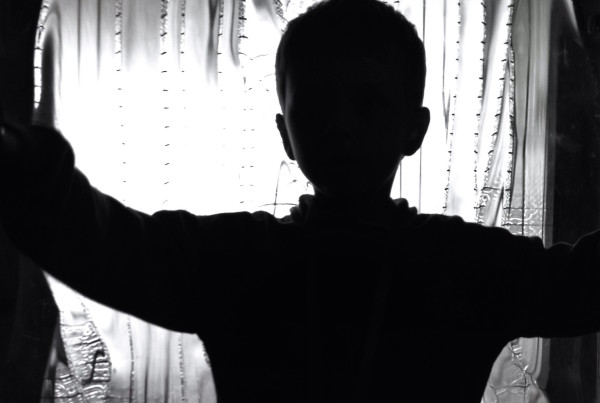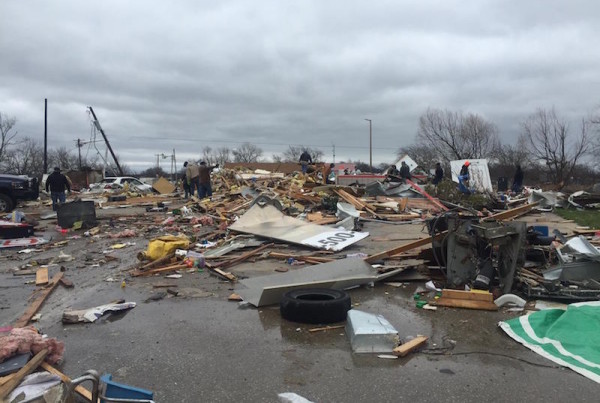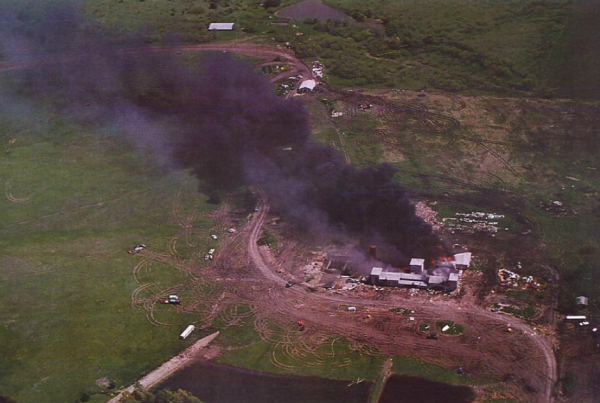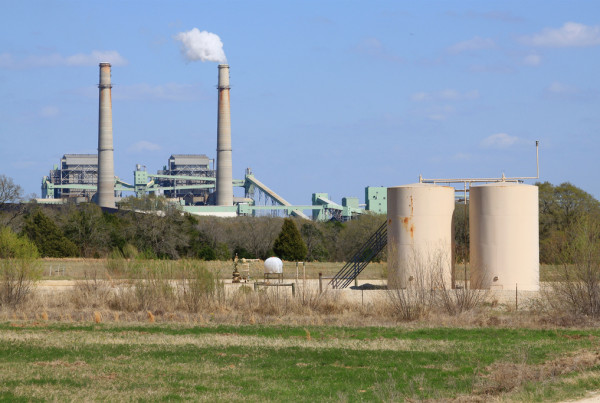Last week’s blizzard stranded hundreds of motorists in the Texas Panhandle as blowing snow made some highways impassable. Now that the snow has been cleared, there’s another concern. The storm killed thousands of livestock, including an estimated 5 percent of dairy cattle. That could have repercussions on supply and prices of milk in Texas.
Darren Turley, executive director of the Texas Association of Dairymen, has heard about the effects of the blizzard from dairy operators across the state.
“It’s been very hard on our farm families located in the western panhandle of Texas and even the eastern New Mexico dairymen as well,” he says. “Both sides of the border suffered greatly from this Goliath storm system that came through.”
Turley, who says the weather had an “unbelievable” impact on farms, says this kind of weather is rare in a high desert area, especially a “white-out blizzard” like the region saw over the holidays.
“When you’re dairying in that part of the country, you’re really dairying worrying about the heat in the summertime,” he says. “You have open-type structures to let the air movement through.”
The snowfall, coupled with wind gusts up to 80 miles an hour, created massive snow drifts. “Snowfall started to accumulate against anything standing up, basically,” he says.
The next challenge is disposing of the animal carcasses, which number around 15,000 cows. “That amount of mortality is overwhelming the rendering business in that area,” he says.
“Every dairy in the area missed a full day of milking, which we milk cows twice a day, every 12 hours,” he says. “Some went on into multiple days. That has a huge impact on the animal… It’s hard to take a cow out of production like that and then bring her back up to the level she was at before.”
Turley says though some out-of-commission cows could have a “lingering” impact at certain sites, it will only be a “blip in the system.”
“I don’t think we’ll see a huge change in the consumer prices on any dairy product,” he says. “But those farm families that were affected, it’s a real big impact.”


